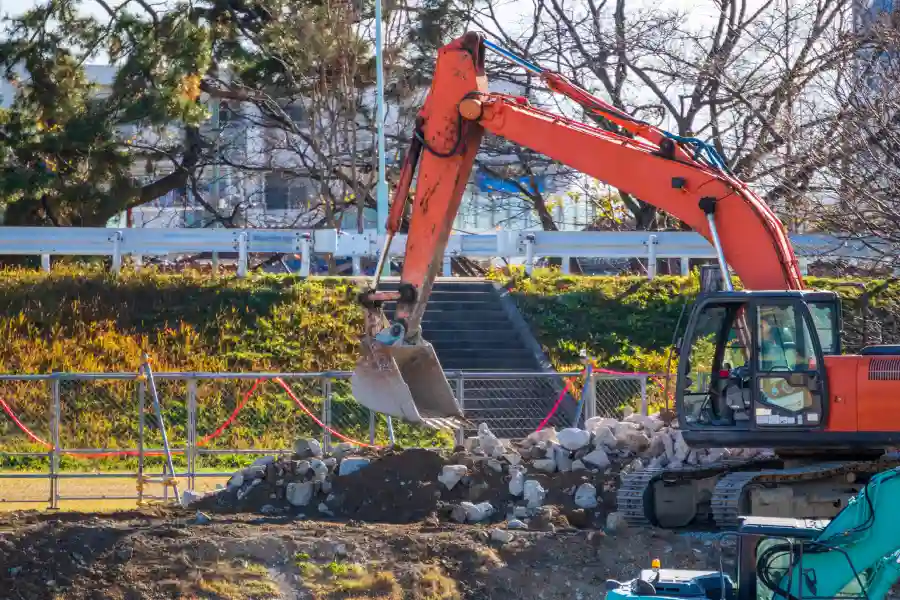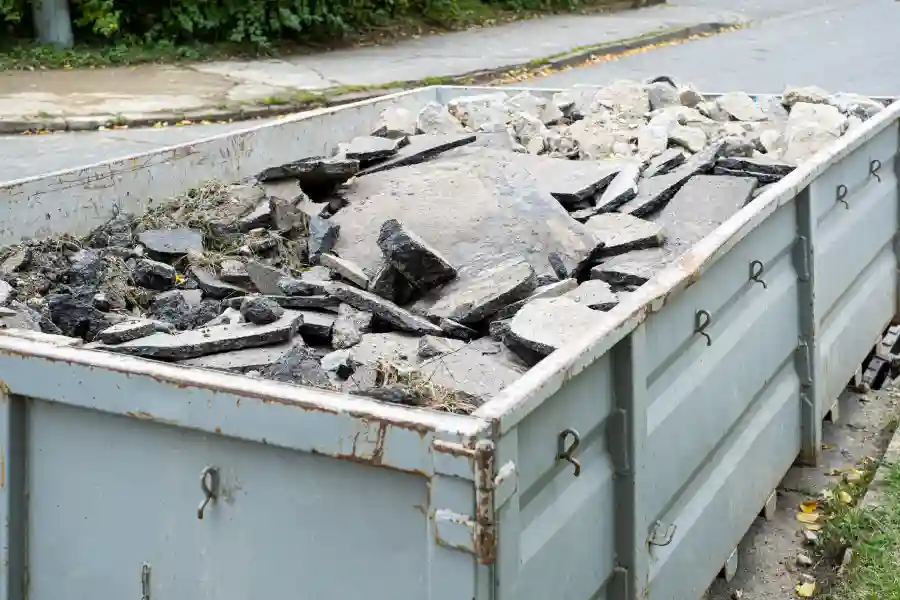Understanding the Impact on Construction Projects
When tackling a construction project, managing waste is a crucial aspect that can impact both costs and timelines. One major type of waste in construction is old concrete. Proper handling of this material affects your project’s efficiency and environmental footprint. It’s essential to know how to manage this task effectively to avoid unnecessary complications. In this article, we will explore the various facets of dealing with concrete waste and how it can influence your project outcomes.

The Environmental Concerns
Improper handling of concrete can have significant environmental consequences. When not disposed of correctly, concrete rubble contributes to landfill overflow. This creates long-term pollution issues. Recycling concrete helps mitigate these effects by reducing the need for new materials. By integrating sustainable practices, you contribute to preserving natural resources.
Influence on Project Costs
Concrete disposal significantly impacts your project’s budget. Disposing of large amounts of concrete can be costly if not planned properly. Recycling offers a cost-effective alternative by minimizing disposal fees and potentially providing materials for reuse in future projects. Planning ahead can save money in the long run.

Time Management Implications
The process of disposing concrete efficiently requires careful planning. Failing to anticipate disposal needs may lead to project delays. Timely removal ensures that work progresses smoothly without interruptions. Efficient scheduling and coordination with disposal services help maintain the project timeline, preventing costly holdups.
Legal Requirements and Standards
Adhering to legal standards when disposing of concrete is necessary to avoid fines or penalties. Regulations vary by location but typically require proper documentation and certification of recycling efforts. Understanding these rules ensures compliance and supports environmental responsibility within the industry.
Sustainable Alternatives
Recycling concrete involves repurposing debris into useful materials such as aggregate for new projects. This method not only reduces waste but also promotes sustainability. Other options include donating excess material to local organizations or reselling it for smaller construction tasks. These alternatives provide multiple benefits over traditional disposal methods.
- Repurpose concrete into new building materials
- Donate to community projects
- Resell for small-scale construction jobs
Expert Recommendations for Effective Waste Management
Industry experts suggest creating a waste management plan before starting any construction project. This includes identifying potential waste types, estimating quantities, and establishing a clear strategy for disposal. Partnering with specialized waste management companies can ensure efficient handling and compliance with regulations.
- Create a detailed waste management plan
- Identify all potential waste materials
- Partner with experienced waste management firms
How Cost Considerations Affect Decision-Making
Budget constraints often dictate decision-making in construction projects. Evaluating the total cost of waste management helps determine the most economical approach. Factors like transportation, labor, and processing should be considered when calculating the overall expense of handling concrete waste.
Final Steps for Successful Project Outcomes
Your success relies on making informed decisions about waste management. Efficiently handling disposal processes saves time and money while ensuring regulatory compliance. To achieve successful project outcomes, always prioritize environmentally friendly solutions and stay informed about evolving regulations in your area. For expert guidance, reach out to us at Marin Junk Removal LLC. We are based in Summerville, SC, ready to support your next construction endeavor. Call (854) 201-9563 today to discuss how we can assist you.
